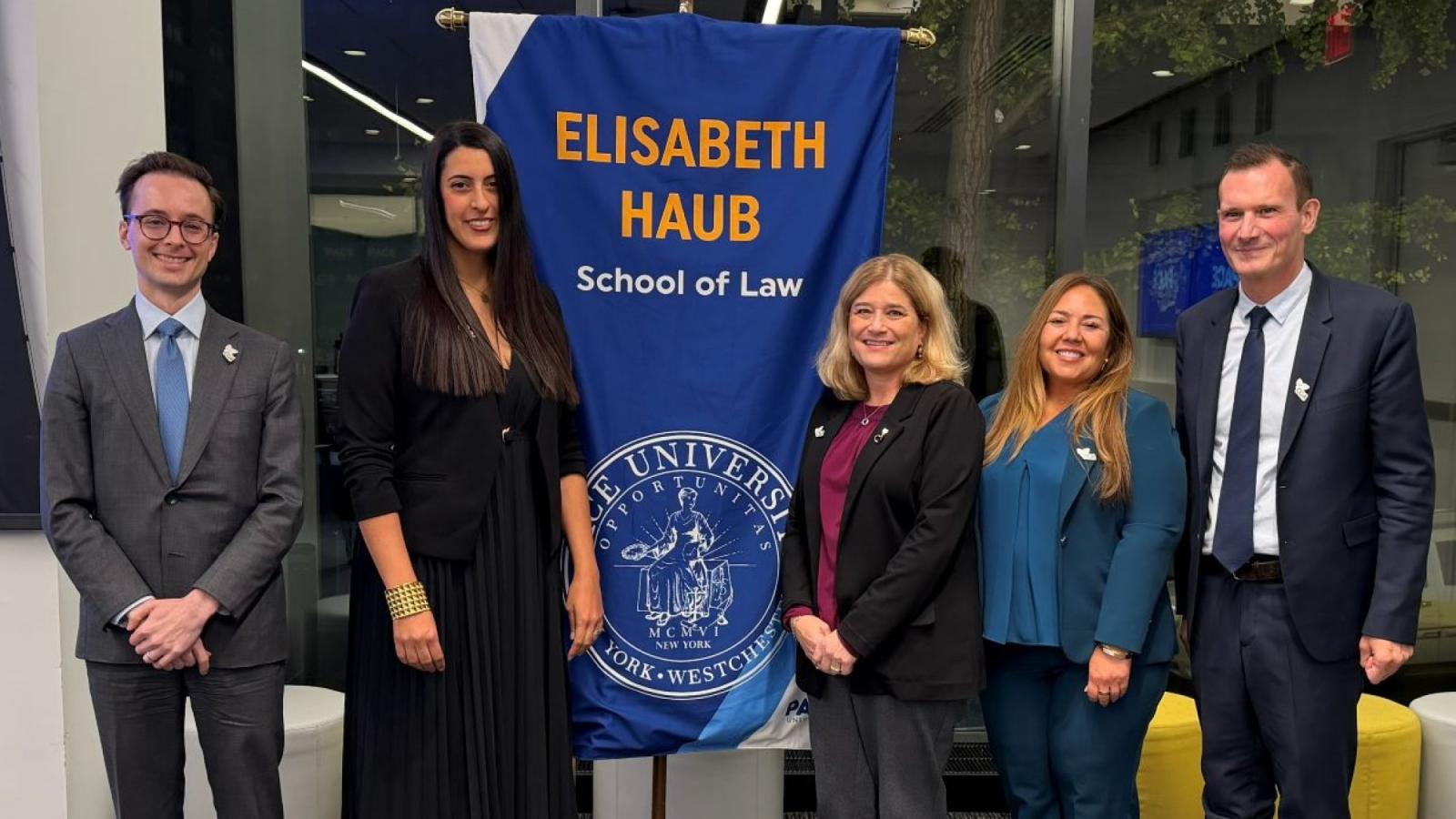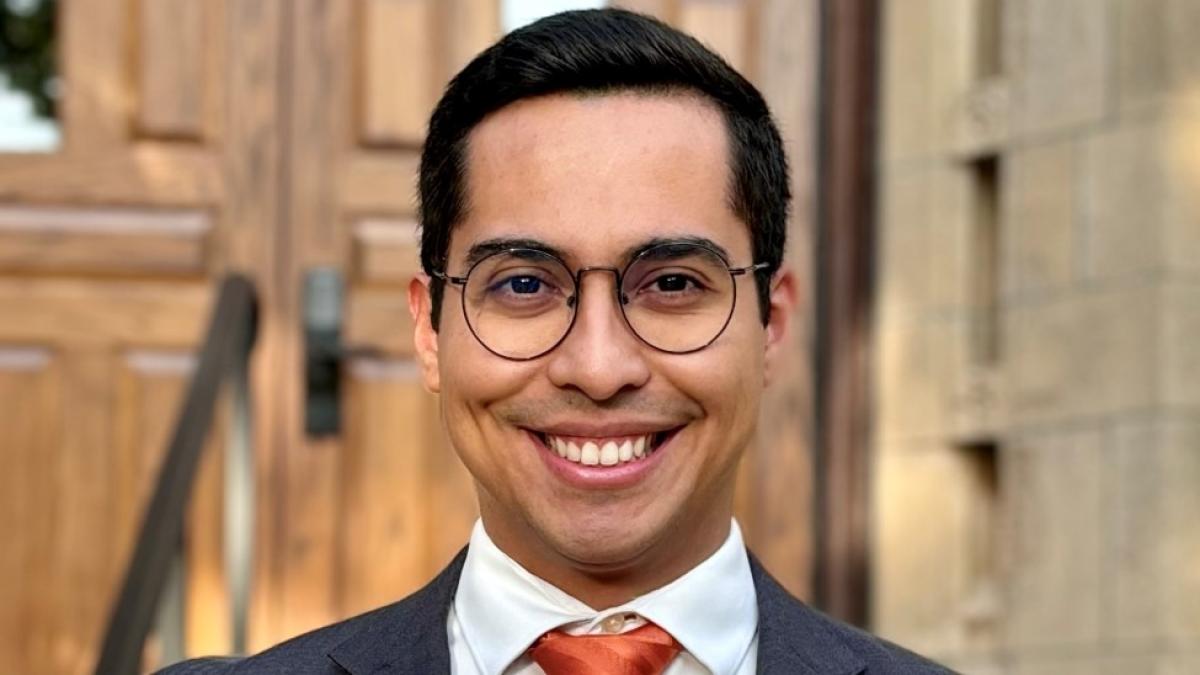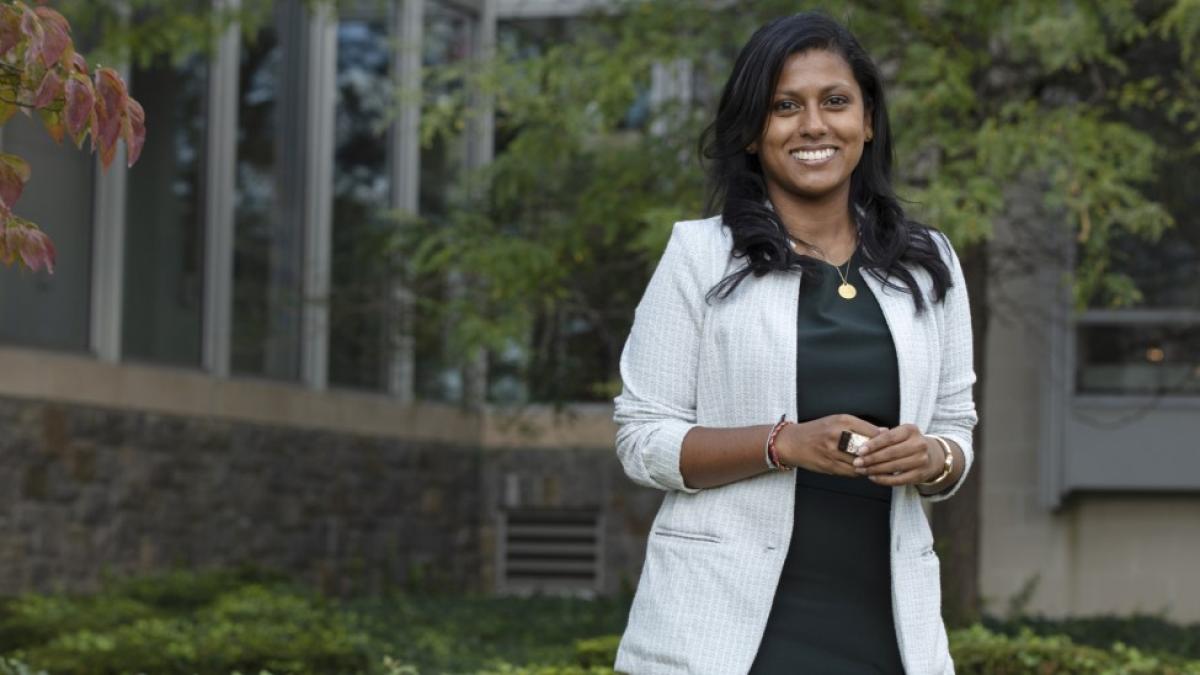The Elisabeth Haub School of Law at Pace University is proud to announce that Samuel Carvalho has been selected to serve as the new Pace Energy and Climate Center Graduate Fellow. This position is reserved for outstanding Pace Haub Law students who demonstrate exceptional academic and research skills, as well as a strong commitment to climate change and energy law.
Elisabeth Haub School of Law at Pace University and the Campaign for Greener Arbitrations – North America Committee Spotlight Emerging Scholarship in Sustainable Arbitration at New York Arbitration Week

The Elisabeth Haub School of Law at Pace University, in partnership with the North America Committee of the Campaign for Greener Arbitrations (CGA-NA), proudly hosted a special New York Arbitration Week program, titled “Greener Arbitration: Insights from the Next Generation of Legal Scholarship.” The event, which took place on November 17 at Pace University’s downtown campus and online, spotlighted innovation, sustainability, and greener arbitration practices in international arbitration. The program brought together leading practitioners, academics, and emerging voices in the field for a forward-looking discussion on how international arbitration forums can ensure that both the arbitration process and arbitration awards consider their environmental impact.
This special event also marked the conclusion of the inaugural CGA-NA and Pace Haub Law Greener Arbitration Writing Competition, which attracted 43 submissions from around the world. A highlight of the evening was the announcement of the competition’s first-place winner: Kenny Santiadi, an independent legal researcher from Indonesia, for his article titled “The Arbitrator’s Environmental Fiduciary Duty: A Normative Reconstruction of Legal Ethics in International Arbitration.” This year’s competition was funded by the Elisabeth Haub School of Law at Pace University, with support from almost 20 promotional partners.
“The purpose of the competition is to encourage and recognize excellent legal scholarship related to the mission of the CGA: to reduce the environmental impact of international arbitration and promote more sustainable arbitration practices,” shared Professor Jill Gross, Vice Dean for Academic Affairs and Professor of Law at Pace Haub Law. “Several common themes emerged in the competition which can be classified into two key areas: procedural innovations aimed at transforming the arbitration process to better align with global sustainability goals while maintaining fairness and efficiency, and substantive developments relating to environmental disputes. Each submission brought a significant amount of depth and breadth to the table, with unique perspectives on environmental consciousness in arbitration. While the high quality of the submissions greatly impressed the judging panel, Mr. Santiadi’s article emerged as the clear winner. His work is innovative and forward thinking, and as the winner of this inaugural competition, it will be published in the Pace Environmental Law Review.”
The jury for the selection of the winner was comprised of distinguished academics and practitioners, including: Professor Jill Gross, Professor Josh Galperin, Faculty Director of the Sustainable Business Law Hub, Associate Professor of Law, Pace Haub Law, Dr. Tamar Meshel, Associate Professor and CN Professor of International Trade, University of Alberta Faculty of Law, Lucy Greenwood, independent arbitrator and founder of the Campaign for Greener Arbitrations, William Crosby, Senior Vice President, Associate General Counsel, Managing Attorney, and LATAM Regional Coordinator at Interpublic, and Olivier André, Client Relationship Advisor, Freshfields; Co-Chair, CGA-NA.
Held on Day 1 of New York Arbitration Week 2025, the program amplified the role of sustainability within one of the most important annual gatherings for the global arbitration community. The program convened with updates on CGA initiatives from CGA Co-Chair Christine Falcicchio, Esq., and CGA-NA Committee Chair Olivier André, followed by an engaging panel moderated by Adam Weir, Associate, Freshfields; Secretary, CGA-NA Committee. Panelists throughout the program included Professor Jill Gross, Cherine Foty, Senior Associate, Covington & Burling; Global Co-Chair of the CGA, Adam Weir, and William Crosby, Interpublic Group. Together, these panelists explored key themes emerging from the 43 competition submissions and offered insights into the future of greener arbitration.
The Campaign for Greener Arbitrations seeks to raise awareness of the significant carbon footprint of dispute resolution. The Campaign addresses the need for environmentally sustainable practices in arbitration, and encourages all stakeholders (including counsel, arbitrators, parties to disputes, and institutions) to commit to the Campaign's Guiding Principles and reduce their carbon footprint when resolving disputes. Pace Haub Law, consistently ranked #1 in Environmental Law in the U.S. News specialty program rankings, has a long history of supporting legal scholarship in a wide array of topics related to environmental law. Pace Haub Law’s ADR Program also has focused on the intersection of environmental law and ADR, through its Environmental Dispute Resolution curriculum, Land Use Law Center which uses consensus-building techniques to assist municipalities in resolving land use disputes, and its Sustainable Business Law Hub, a think tank devoted to addressing global sustainability challenges through policy and research projects.


